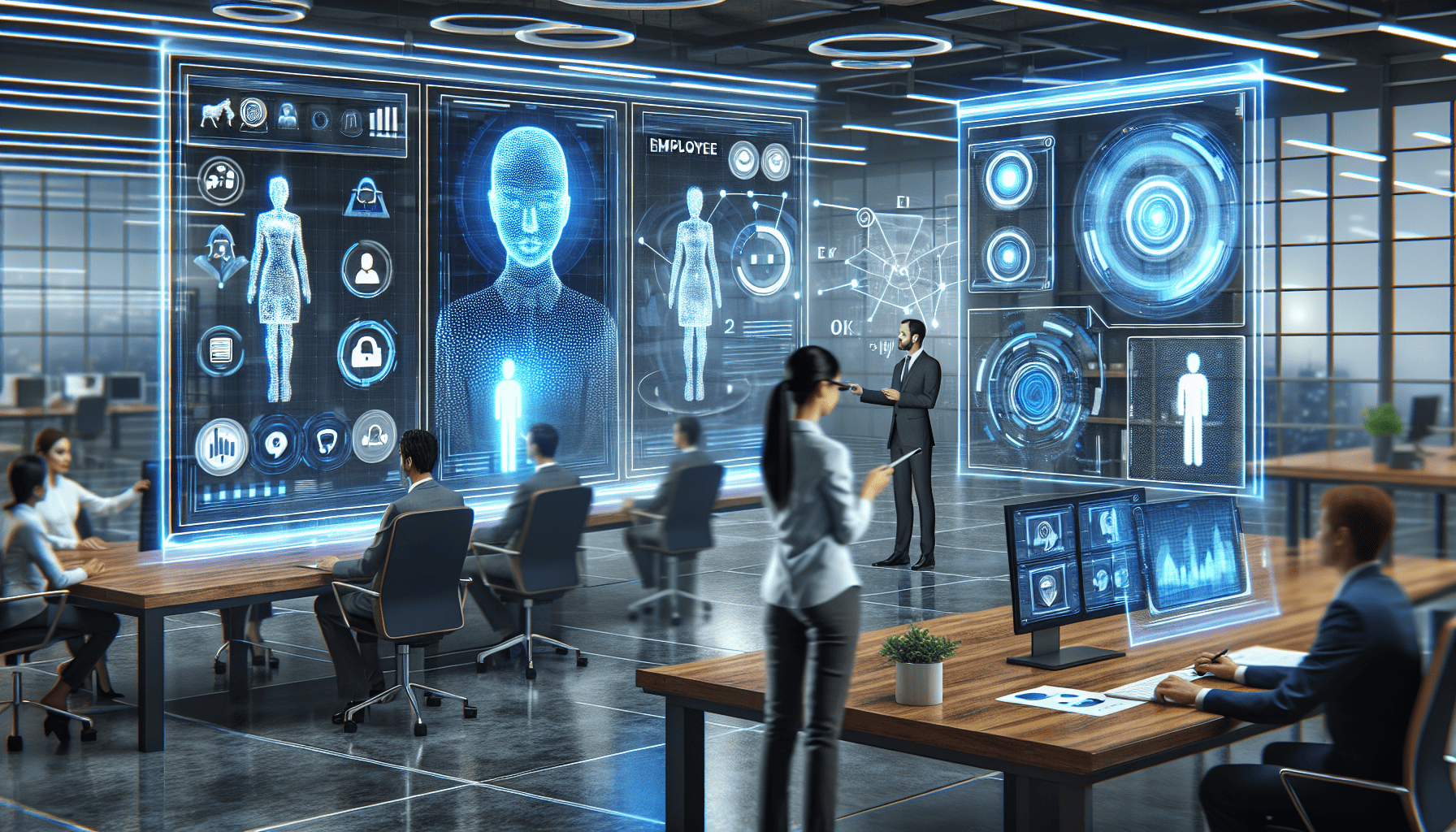In today’s rapidly evolving workplace landscape, employee portals are undergoing transformative changes. Driven by technological advancements and shifting workforce expectations, these platforms are becoming pivotal in enhancing employee engagement, productivity, and satisfaction. As organizations strive to stay competitive, understanding the latest trends and innovations in employee portals becomes imperative. Here's a glimpse into the future of employee portals and how they are set to redefine employee access and support systems in the coming years.
Personalized User Experiences
One of the key trends is the increasing focus on personalized user experiences. Utilizing data analytics and AI, employee portals are evolving to provide tailored content and resources. These technologies enable portals to analyze user behavior, preferences, and needs, delivering customized dashboards and recommendations for each employee. This personalization enhances user engagement and ensures employees have quick access to the tools and information they require.
Integration with AI and Chatbots
Artificial Intelligence (AI) and chatbots are set to play a significant role in the next generation of employee portals. These intelligent tools can offer real-time assistance, answer common queries, and streamline HR processes. For instance, chatbots can help employees navigate complex HR policies or update their personal information without human intervention, saving time and reducing administrative workloads. AI-driven analytics can also provide insights into workforce trends, helping managers make informed decisions.
Enhanced Mobile Accessibility
With the increase in remote work and flexible job arrangements, mobile accessibility is becoming crucial for employee portals. The future will see a rise in mobile-first portal designs that offer robust functionality akin to their desktop counterparts. This shift enables employees to stay connected, access company resources, and communicate efficiently from any location, fostering a more agile and responsive workforce.
Seamless Integration with Existing Systems
Future employee portals will see more seamless integration with other enterprise systems such as HR management systems, payroll, and performance management tools. This interoperability ensures a cohesive work environment where employees can move smoothly between systems without redundant data entry or the need to log in multiple times. Integration also facilitates better data flow and process automation, driving operational efficiencies.
Focus on Security and Data Privacy
As employee portals evolve, so do the concerns around data security and privacy. Organizations are investing in advanced security measures, including multi-factor authentication and blockchain technology, to protect sensitive employee information. Ensuring compliance with data protection regulations and building trust with employees will be paramount as employee portals continue to store and manage vast amounts of personal and professional data.
Incorporation of Collaboration Tools
To foster collaboration in increasingly distributed teams, future employee portals will incorporate a wide range of collaboration tools. Features such as instant messaging, video conferencing, project management, and file sharing will be integrated within the portal, providing employees with a centralized platform for all their communication and teamwork needs. This integration enhances productivity and helps maintain a cohesive company culture.
Data-driven Insights and Reporting
Portals equipped with advanced analytics capabilities will empower organizations by providing valuable insights into employee performance, engagement, and satisfaction. By collecting and analyzing data, these systems will help identify trends, potential issues, and areas of improvement, enabling proactive management strategies. Leaders can make data-driven decisions to enhance the overall employee experience and business outcomes.
Emphasis on User-friendly Design
Finally, future employee portals will prioritize user-friendly design, ensuring an intuitive and seamless user experience. Leveraging user feedback, these platforms will simplify navigation, minimize complexity, and ensure accessibility for all employees, regardless of technological proficiency. A focus on usability will drive higher adoption rates and maximize the benefits these systems offer.
Conclusion
The future of employee portals is rich with potential, shaped by advancements in technology and evolving work paradigms. As businesses adapt to these changes, the innovative trends in employee portals will play a critical role in fostering an engaging, productive, and secure work environment. By embracing these innovations, organizations can ensure they provide the support and resources employees need to thrive in the modern workplace.
